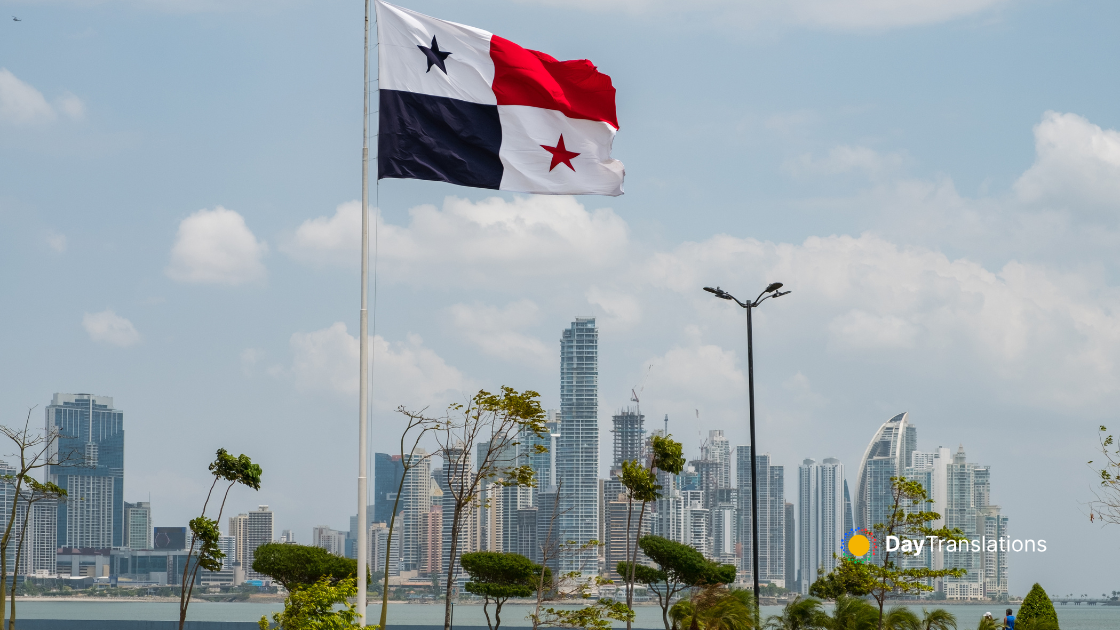Famous Paraguayan People: Paraguayan Artists, Scientists, Leaders, Musicians, Politicians and Athletes
In this Country Profile
Paraguay is a melting pot of cultures and ethnicities with outstanding individuals who made a difference with their remarkable achievements.
:: List of Famous People from Paraguay ::
Pedro Juan Caballero
Pedro Juan Caballero became a leading figure of Paraguayan independence. He was born in Tobatí a town located in a region called Department Cordillera, Paraguay. Even though he was six years younger than Fulgencio Yegros and twenty years younger than José Gaspar Rodríguez de Francia he played a significant role in the Revolution of Independence that occurred in the early morning hours of May 15, 1811.He was involved in the conspiracy of 1820 and committed suicide in his cell on July 13, 1821. The Paraguayan city of Pedro Juan Caballero is named after him.
Fulgencio Yegros y Franco de Torres
Fulgencio Yegros was a Paraguayan soldier and first head of state of independent Paraguay. Yegros and Pedro Juan Caballero were the main military figures in the revolution in May 1811, which led to the independence of Paraguay. Following independence, Yegros and José Gaspar Rodríguez de Francia were chosen as Consuls of the Republic following the model of the French Revolution. He founded the first military academy in independent Paraguay.
José Gaspar Rodríguez de Francia y Velasco
Dr. José Gaspar Rodríguez de Francia was the first leader of Paraguay following its independence from Spain. He ran the country with no outside interference and little outside influence from 1814 to 1840. Francia imbued Paraguay with a tradition of autocratic rule that lasted, with only a few breaks, until 1989. Nonetheless, he is still considered a national hero.
Alfredo Stroessner Matiauda
Alfredo Stroessner was a Paraguayan military officer and dictator from 1954 to 1989. His lengthy rule was the 14th longest ever by state leaders other than monarchs, with only Fidel Castro having a longer tenure among 20th century Latin American leaders. Soon after taking office, Stroessner declared a state of siege and suspended constitutional freedoms. It was renewed every 90 days for the rest of his term, and was only lifted during elections. A devoted anti-Communist, he justified this action as a necessary tool to protect the country. Paraguayans remain divided on Stroessner and his controversial legacy. Many feel a strong distaste for him, perceiving him as a corrupt, authoritarian dictator. Those who defend his legacy cite the political stability and economic progress under his rule
Luis María Argaña
Luis María Argaña was a prominent politician in Paraguay and influential member of the Colorado Party until his assassination in 1999. He served in a number of important national positions during previous administrations before running an ultimately unsuccessful bid for president in the country’s 1998 election, losing in a bitterly contested primary election against General Lino Oviedo. Due to the General’s involvement in a failed coup attempt in 1996, Oviedo was imprisoned before the 1998 general election. Oviedo’s running mate, Raúl Cubas, became the de facto candidate for the Colorado Party, but lacked the widespread support that Oviedo commanded. Luis Argaña was selected as Cubas’ running mate, the pair subsequently being elected to office by a wide margin. One of Cubas’ first actions as president was to grant Oviedo a pardon from prison, defying the Supreme Court. Shortly thereafter, the legislative branch began an investigation that would ultimately lead to impeachment proceedings against President Cubas. With Cubas’ impeachement pending, Argaña was set to succeed him as president. However, assailants ambushed the vice president’s vehicle just outside of his Asunción home on the morning of March 23, 1999, peppering the SUV with multiple rounds of gunfire before escaping. President Cubas ordered a lockdown of the country’s borders. In the wake of the killing, the subsequent riots that took place in the capital area, and his impending impeachment, Cubas resigned the presidency on March 28, fleeing the country and seeking and ultimately being granted political asylum in neighboring Brazil.
Fernando Lugo
Fernando Lugo is the current President of Paraguay and the former Roman Catholic bishop of the Diocese of San Pedro. On April 20, 2008, Lugo won the election by a margin of 10 percentage points, although far short of a majority. The Colorado Party candidate, Blanca Ovelar, acknowledged that Lugo had an unassailable lead and conceded the race that same night at about 9 p.m. local time. Two hours later, former president Nicanor Duarte acknowledged that the Colorado Party had lost an election for the first time in 61 years. Lugo became Paraguay’s second leftist president (the first being Rafael Franco, who served from 1936 to 1937), and the first to be freely elected. Also, his swearing in marked the first time in Paraguay’s history (the country gained independence in 1811) that a ruling party peacefully surrendered power to an elected member from the opposition. Lugo was sworn in as President on August 15, 2008. He said that he would not accept the presidential salary because it “belongs to more humble people” and encouraged other politicians to refuse their salaries as well.
Hugo Rodríguez Alcalá
Hugo Rodríguez Alcalá was a Paraguayan writer, essayist, poet, narrator and literature critic. Together with the poets Elvio Romero, Josefina Plá, Hérib Campos Cervera, Oscar Ferreiro and Augusto Roa Bastos, he was a part of the brilliant, unique and poetic generation of the 1940s.

Sorry, the comment form is closed at this time.